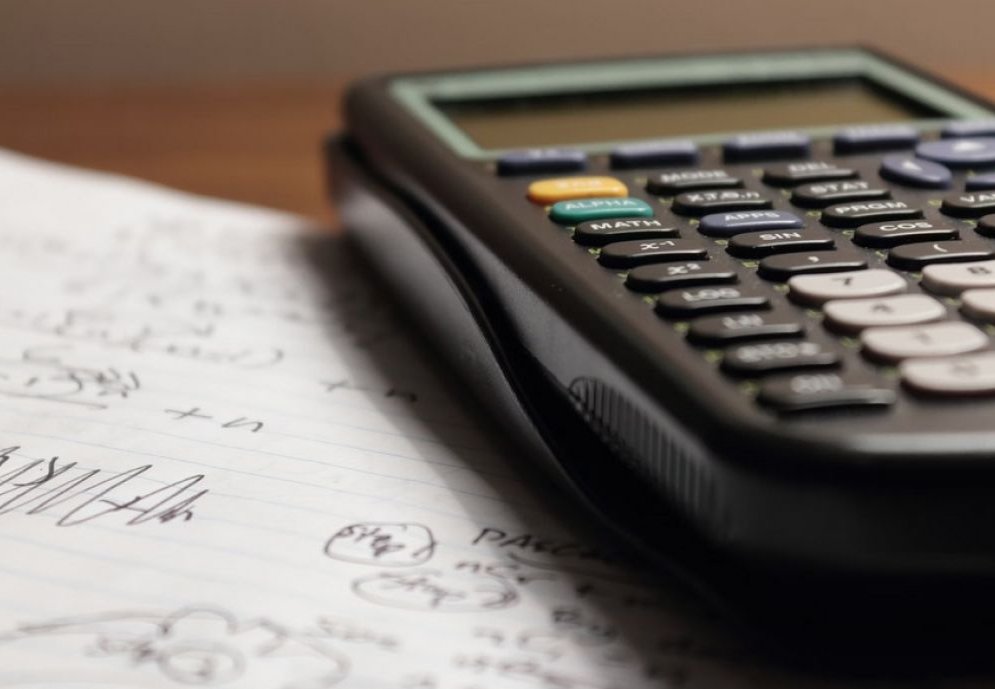

Fermi-task: Plastic bottle waste extrapolations
Practical maths! Enable pupils to discover and extrapolate how much plastic waste is generated in the class or school, each week, year and beyond.
Výsledek učení
Students
- can collect and analyse data.
- can interpret results in context and draw conclusions for their personal lives.
- can prove that drinking water in glass bottles can save money.
- can argue why drinking water is beneficial for both health and the environment.
Mathematics:
- Pupils can perform basic arithmetic with natural numbers in everyday applications.
- Students can justify the limits of arithmetic in the natural number set and the need for an extended number set (for subtraction and division).
Potřebný čas
One lesson for creating the project plan
Longer period for collecting waste bottles
Two lessons for counting the plastic bottles, calculating and evaluating the data
One lesson for interpreting the results and raising awareness of ecological, economic and health aspects
Potřebné vybavení
Access to plastic bottle waste (ideally a separate collection bin).
Popis aktivity
Topic: Collection and analysis of data on plastic bottle consumption and the benefits of drinking water
-
Collect and count the plastic bottles:
After a short introduction and explanation, the children consider how, when and where they would like to carry out the collection. It is a good idea to choose another class of average size and track the plastic bottle consumption over a certain period (e.g. one week by counting the plastic bottles in the designated rubbish bin).
-
Counting the plastic bottles, calculating and evaluating the data:
The plastic bottles collected are counted. Calculations can then be carried out and a selection of the following questions can be answered:
- How many bottles is that per month?
- How many bottles per school year?
- How many bottles does the whole school consume in a week/month/school year?
- How much does a pupil consume on average?
- (Possible extension for higher grades à Fermi task: How many bottles are there in all local schools? How many schools are there in my locality/country?)
-
Interpretation of the results and sensitisation of the ecological, economic and health aspects:
The results are now interpreted. This phase can be organised in a variety of ways: Group discussions, expert panel, frontal teaching. The following questions can serve as orientation:
- What costs are incurred by the purchase of plastic bottles at the school?
- What are the costs of buying plastic bottles for one person?
- How could savings be made?
- Does a glass bottle pay off? From when?
- How much could you save by buying a glass bottle once and reusing it?
- Are there any health benefits?
- How much sugar do we “save”?
- What impact does buying plastic bottles have on the environment?
- How much waste is produced by plastic bottles?
- (Possible extension for higher classes à Fermi task: Calculate the volume of waste at school/in my town/country?)
Realizace aktivity
Maths - Numbers and measures
- interpret, represent and compare natural numbers and non-negative decimals and fractions.
- carry out and interpret arithmetical operations with natural numbers and non-negative decimals; carry out rough calculations.
Maths - Data and chance
- collect, organise, present and read data from different forms of presentation.
Photo fromAaron Lefler on Unsplash
